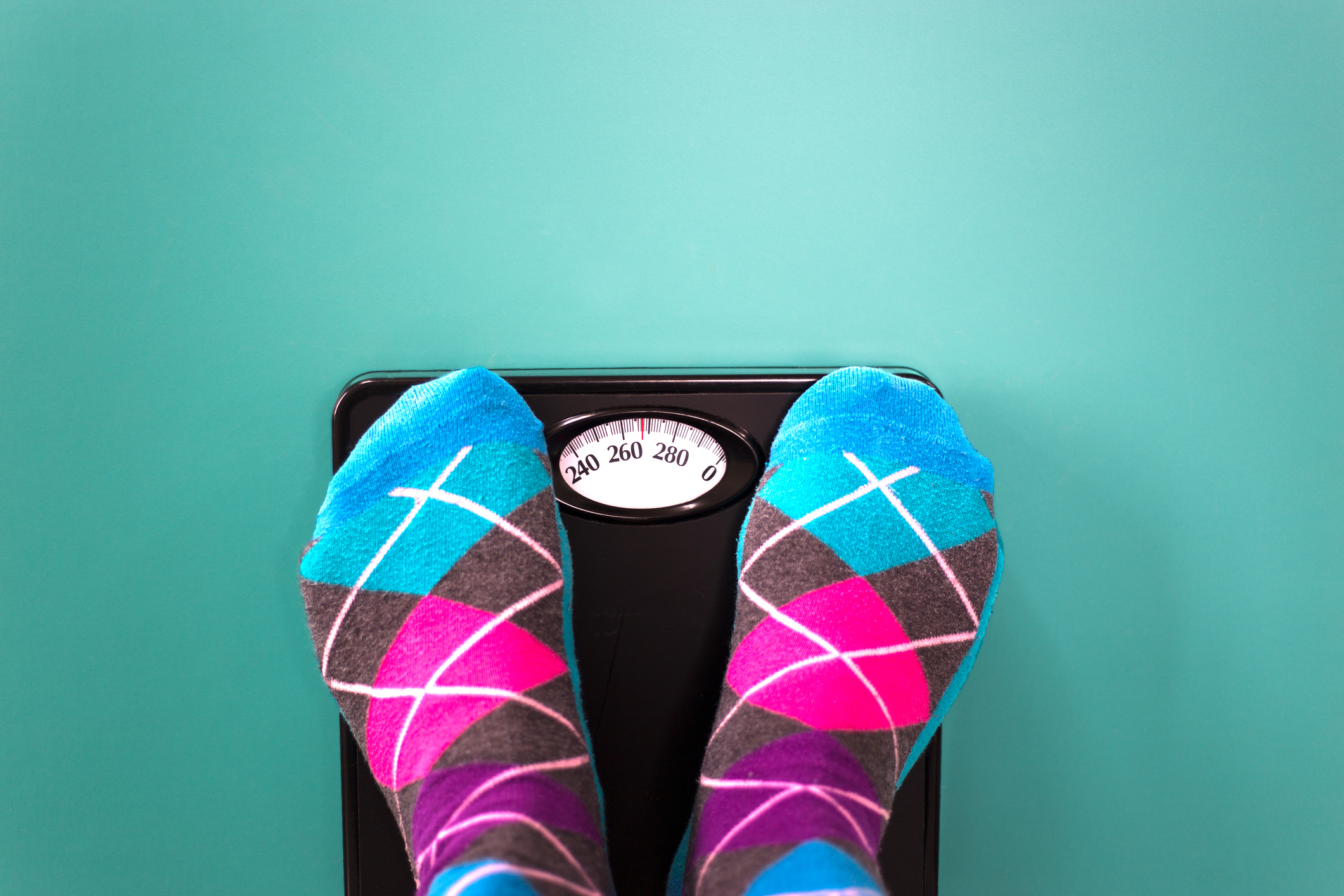Get Easy Health Digest™ in your inbox and don’t miss a thing when you subscribe today. Plus, get the free bonus report, Mother Nature’s Tips, Tricks and Remedies for Cholesterol, Blood Pressure & Blood Sugar as my way of saying welcome to the community!
The ‘survival switch’ fructose flips to make us fat

Summer is almost over — and it’s been a hot one.
For that reason, I can’t say I’ve ever been more excited for fall to come and cool things down. In fact, I’m even looking forward to the colder temperatures winter will bring.
But I’m not looking forward to the “comfort food” struggle — that desire to seek out high-energy foods to make the long winter ahead bearable. For our ancestors, it may have been a necessity to help keep warm, but for us, it’s an invitation to trouble…
From sugar high to hibernation
Fructose is the natural substance that makes fruit sweet. But in today’s Western society, most fructose is consumed as table sugar and high fructose corn syrup. These two ingredients are very different from the nutrients ingested by our ancestors as they prepared for the lean winter months.
Researchers believe that fructose works differently than other nutrients by lowering the body’s active energy, damaging mitochondria. Studies show fructose stimulates food intake and lowers resting energy metabolism in much the same way it does in an animal preparing for hibernation.
That means it leads to weight gain and obesity. But that’s not all. Insulin resistance, high blood pressure, fatty liver and other metabolic-related issues are more likely when we consume too much fructose.
While fructose’s contribution to obesity is well-known, a team of researchers at the University of Colorado Anschutz Medical Campus decided to use a large amount of research to explore in depth the exact role fructose plays in developing obesity by looking to nature. And what they discovered was fascinating…
The impact of fructose on our “survival switch”
The researchers found the effect of fructose mediates this “survival switch.” Unlike glucose, which primarily serves to provide immediate fuel to the body, fructose’s primary function is to aid in the storage of fuel.
“We determine a recently discovered function of fructose in survival that stores fuel in case resources become scarce,” says Dr. Richard Johnson, professor at the University of Colorado School of Medicine and study lead author. “This is known as the ‘survival switch.’”
The study also suggests that two events occur that convert fructose’s fuel-protective pathway into one that causes disease. The first is the inhibition of “thrifty genes” that may significantly amplify the ability of fructose to induce metabolic syndrome. And the second is the marked increase in foods that either contain or produce fructose.
The researchers propose that these two events have led the “survival switch” to become overactivated, which is driving both obesity and many of the metabolic diseases affecting people today.
“This work puts together in one place the full argument for how a particular carbohydrate, fructose, might have a central role in driving obesity and diabetes,” Johnson says.
“This is a very exciting, new hypothesis that unites other hypotheses to point to the specific role fructose plays in the onset of obesity,” he adds. “And we can trace it back to our ancestors, as well as learn from hibernating animals, exactly how fructose causes this ‘switch’ within us.”
Fruit isn’t the problem
Often when we talk about fructose and avoiding sugars, we get questions about fruit.
So let me clarify here that fruit is not the problem. In addition to naturally occurring fructose, fruit comes with antioxidants and fiber that make them essential to a well-rounded diet.
Plus, the phytonutrients in fruit help inhibit the absorption of sugar into the bloodstream, so you don’t get the sugar spike you do from industrial forms of fructose like sugar and high fructose corn syrup.
But fructose in the absence of those special nutrients found in fruit, supersizes the way your gut absorbs fat and calories.
So, the change that needs to be made is in the number of sugar-sweetened beverages and processed foods and snacks we consume. These are sources of added sugars.
By cutting out all sodas and other beverages sweetened with added sugars or high-fructose corn syrup, you’ll go a long way toward bringing down your fructose consumption. Also, try to skip candy, ice cream, sweetened yogurt and processed baked goods — or else keep them only to very special occasions.
But it isn’t just the obvious sources we need to watch for. I’ve become an avid reader of labels so that I can avoid the hidden sources of sugar on grocery shelves.
For instance, did you know that ketchup can have as much as a teaspoon of sugar in a single serving? And even many supposedly healthy “organic” ketchup brands contain sugar.
Other unexpected sources of sugar include salad dressings, pasta sauce, premade soups, frozen meals and pizzas, bread, barbecue sauce and baked beans.
Next time you’re shopping, keep an eye out for the words “added sugar,” “high fructose corn syrup,” and “fructose” so you can dodge this health destroyer.
Editor’s note: Are you feeling unusually tired? You may think this is normal aging, but the problem could be your master hormone. When it’s not working, your risk of age-related diseases skyrockets. To reset what many call “the trigger for all disease” and live better, longer, click here to discover The Insulin Factor: How to Repair Your Body’s Master Controller and Conquer Chronic Disease!
Sources:
Fructose Intake Can Lead to Obesity in Humans, Just Like in Hibernating Animals, CU Researchers Say — University of Colorado Anschutz Medical Campus
The fructose survival hypothesis for obesity — Philosophical Transactions
If Fructose Is Bad, What About Fruit? — NutritionFacts.org














